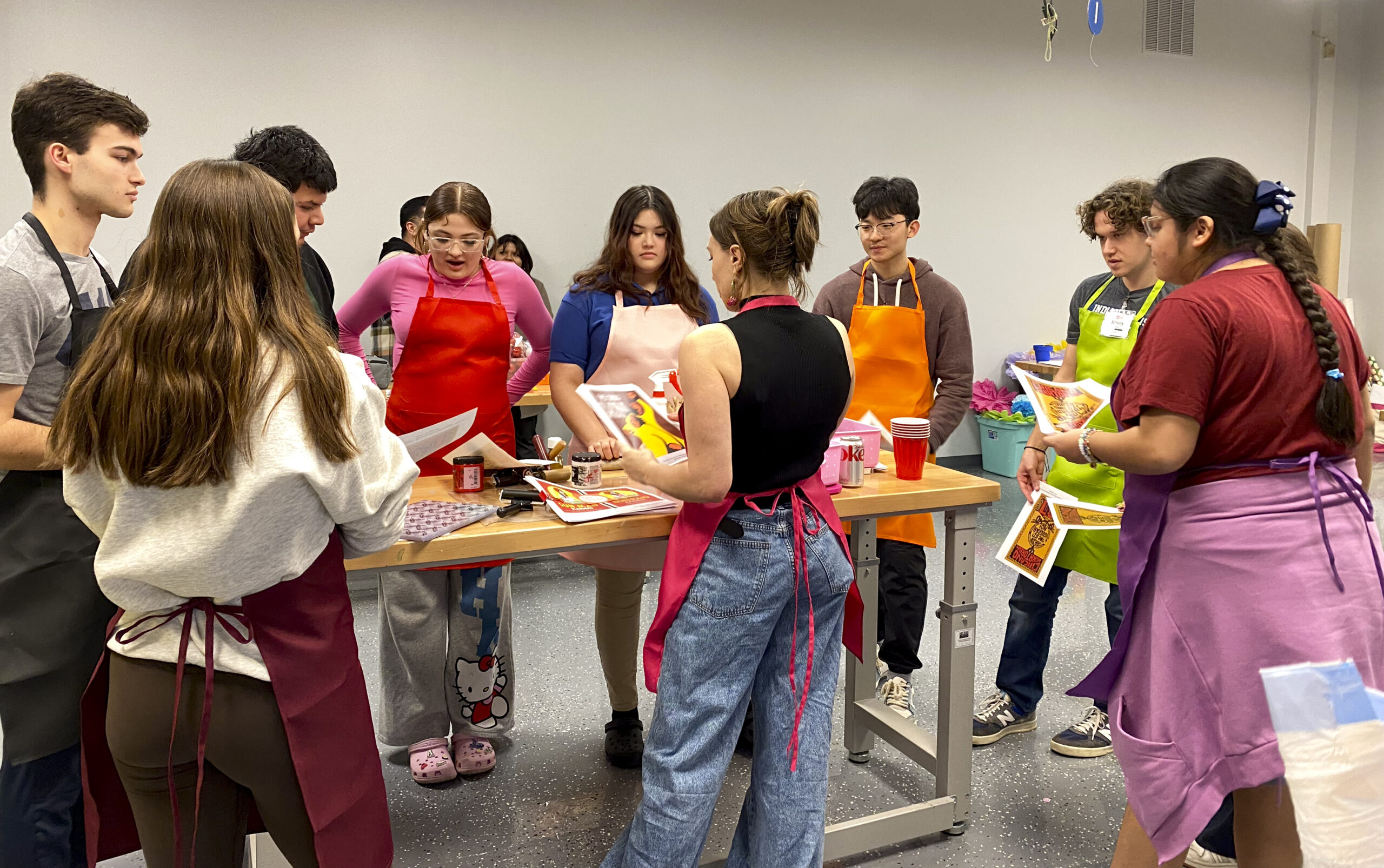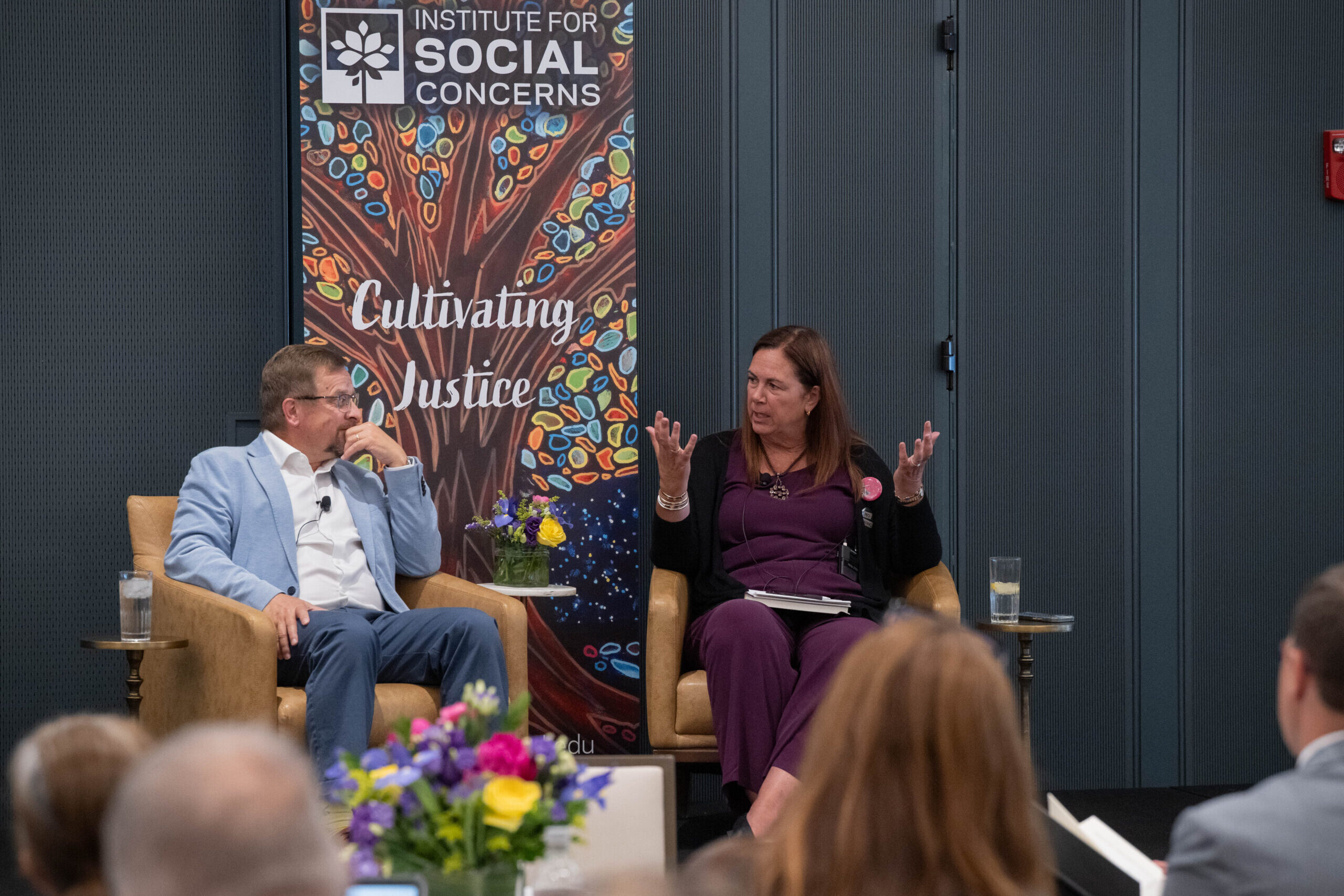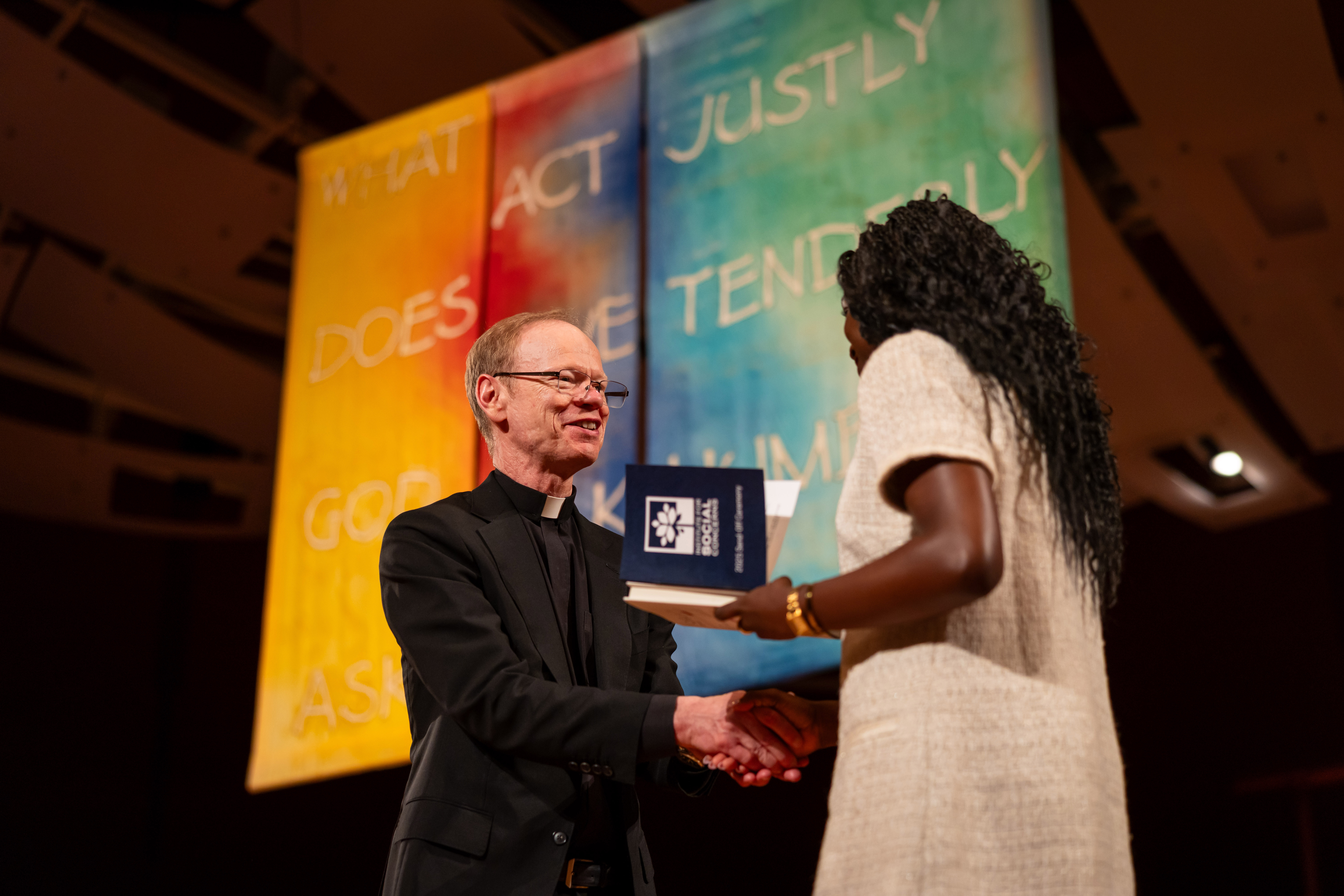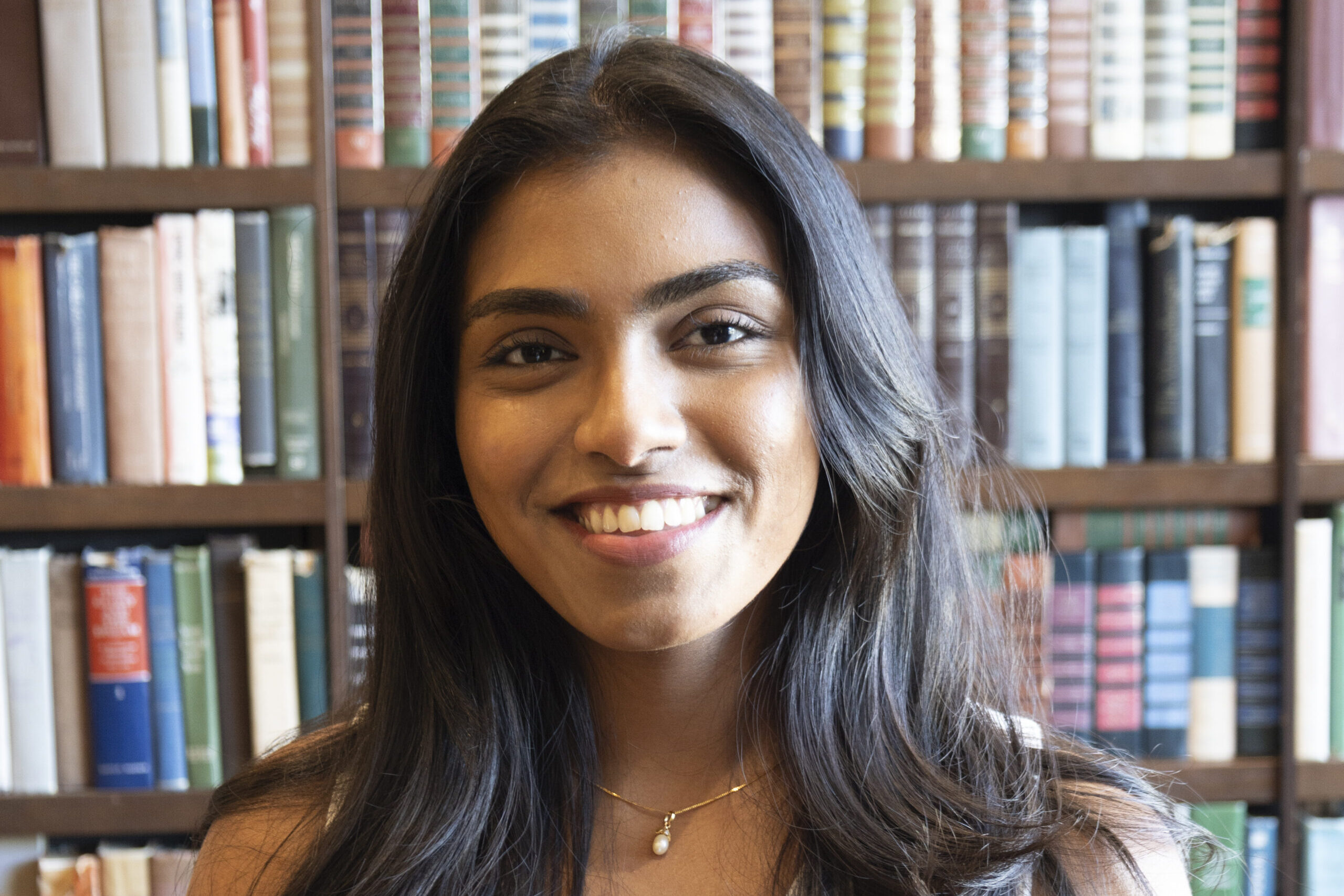From the army to anthropology: Postdoc’s path to peace-and-justice research has been a journey
April 18, 2024
Helal Khan’s path to becoming an anthropologist who researches peace and justice has taken him all over the world.
In his home country of Bangladesh, Khan was an army officer stationed along the Myanmar border. He served as a United Nations peacekeeper in the Democratic Republic of the Congo during the country’s historic 2006 election — its first free election in 40-plus years. Khan’s academic career has included graduate studies and teaching positions in the United Kingdom, Belgium, and the United States.
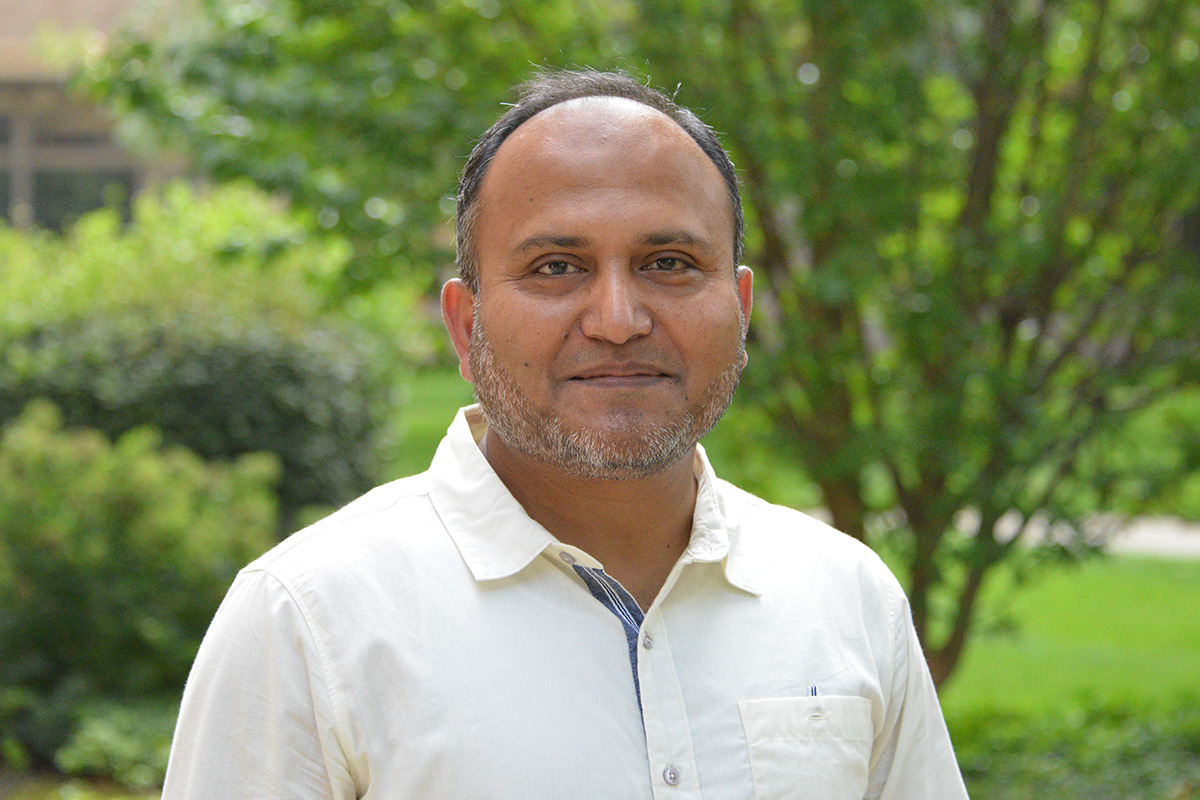
“I was always a peacemaker in my mind, but it took this journey for me to come to anthropology and peace-and-justice studies,” said Khan, who earned his Ph.D. in peace studies and anthropology from Notre Dame in 2023 and is now a postdoctoral teaching scholar at the Institute for Social Concerns.
The spark for Khan’s journey came from encounters he had with Rohingya refugees while he was serving in Bangladesh’s Border Guard more than 15 years ago. He saw members of the Muslim minority group fleeing persecution in Myanmar and moving in huge numbers across the border into Bangladesh. Back then, two large UNHCR refugee camps for the Rohingya were in the area that Khan was responsible for as a major with the Border Guard.
“The Rohingya would talk to me about their persecution, but more than that they used to talk about the hopes they had for the future,” he said. “That’s very interesting because perhaps the immediate impression is that this is the most persecuted community in the world. That is actually a term that the United Nations used to describe the Rohingya.”
Khan began to turn over anthropological questions in his mind. How do human beings survive injustice and go on to thrive? How do they maintain their culture when they move to a dramatically different place? What impact do immigrants have on their new communities?
“Many of the Rohingya I met had family members still in Myanmar, some in Malaysia, some in Saudi Arabia,” he said. “I started to think it would be interesting to study this community beyond the immediate conflict zone.”
Khan left Bangladesh in 2015 to study at the University of Edinburgh, where he received a prestigious Chevening Scholarship from the British Foreign & Commonwealth Office and earned a master’s degree in Islamic and Middle Eastern studies. Then he received a Flanders Master Mind Scholarship to study at the University of Leuven in Belgium, where he earned a master’s degree in social and cultural anthropology with a research focus on Muslim immigrants in Brussels.
He received a Notre Dame Presidential Fellowship to pursue his Ph.D. at Notre Dame, which gave him the opportunity to study in both the Department of Anthropology and the Kroc Institute for International Peace Studies.
His move to the American Midwest also brought him close to three growing Rohingya communities in Chicago, Milwaukee, and Fort Wayne. His doctoral dissertation looked at the well-being of those communities with a focus on the notions of trust and hope.
“I’ve done my Ph.D. in the West, but I’ve worked with people who came from elsewhere,” Khan said. “Eventually my Ph.D. came to be a study of cultural interaction — how people of Chicago, Milwaukee, and Fort Wayne engage with the Rohingya as much as how the Rohingya interact with them.”
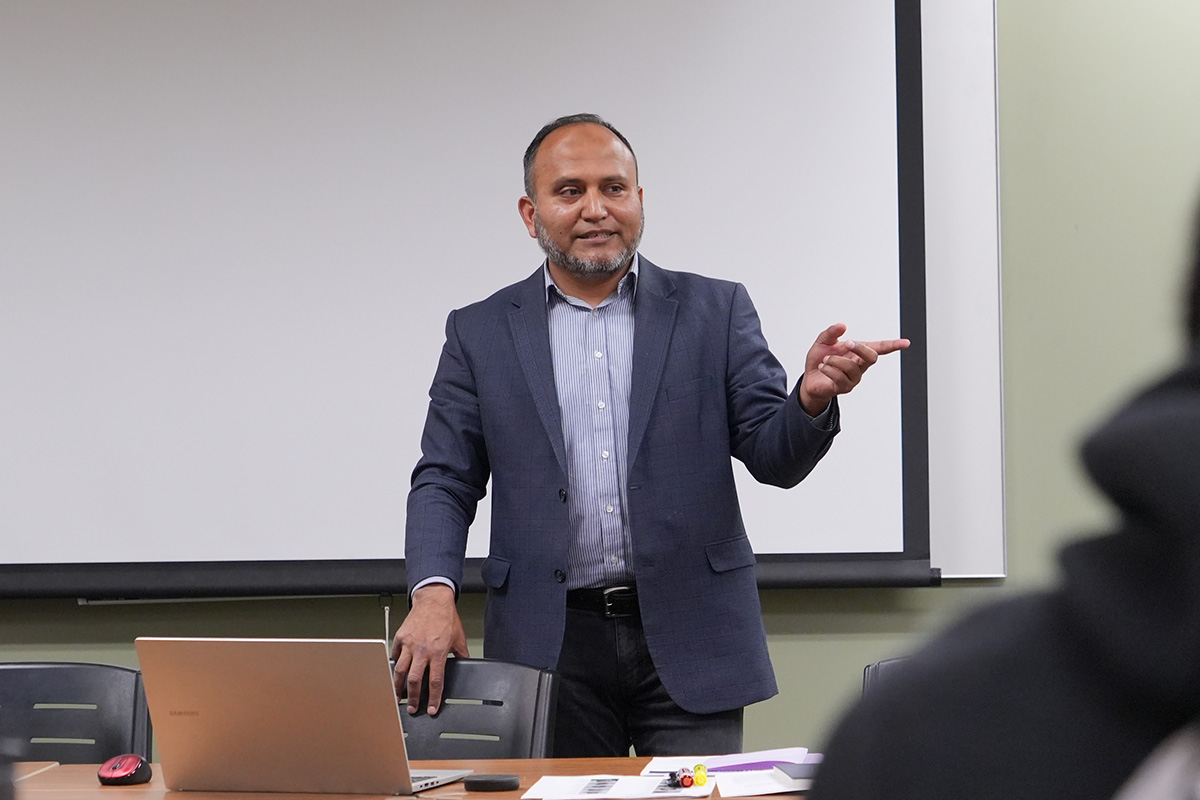
Khan was a member of the Institute for Social Concerns’ inaugural cohort of Graduate Justice Fellows in 2022-23, the final year of his Ph.D. program. He then returned to the Center as a postdoctoral teaching scholar for the 2023-24 academic year.
This semester he’s teaching a course, Everyday Justice, that adopts an anthropological perspective to introduce students to the cultural contexts of justice that speak to people’s everyday experiences. The course encourages students to look at how issues of justice in education, health, work, environment, and other areas affect people on an individual level and how those individual experiences connect to larger policy questions.
“I believe anthropologists are uniquely placed to make connections between this humanistic discipline and get us closer to understanding contemporary societies through the lenses of peace and justice,” Khan said. “You can study humans while at the same time also studying the environment and see how much of that is just and how much isn’t.”
Another project he’s taken on at the Institute for Social Concerns is the Community Engagement Case Archive. The archive will be a collection of perceived real-life scenarios about students’ relationships with new people, managing differences, and navigating ethical dilemmas, among other challenges. The project’s goal is to enhance students’ preparation for working in places and communities that are new to them.
“Students will be able to read these narratives, think through the situations, and learn from them before they embed themselves in a new community and face different forms of justice and injustice — individually and institutionally,” Khan said.
After this academic year is complete, Khan will move on from Notre Dame to a faculty position with Georgetown University’s Justice & Peace Studies Program.
“That’s where I am now — soldier turned peacekeeper turned anthropologist turned peace-and-justice enthusiast,” Khan said. “Peace is worth nothing if it is not just.”
Related Stories
-
Summer of Social Concerns—students engage in justice research around the globe
-
Printmaking history—the institute partners with community to celebrate South Bend’s Latino heritage
-
Forming character through friendship—Virtues & Vocations conference promotes human flourishing in professional education
-
Go be justice—Sending off graduates to work for the common good
-
ReSearching for the Common Good: O. Amandhi Mathews


